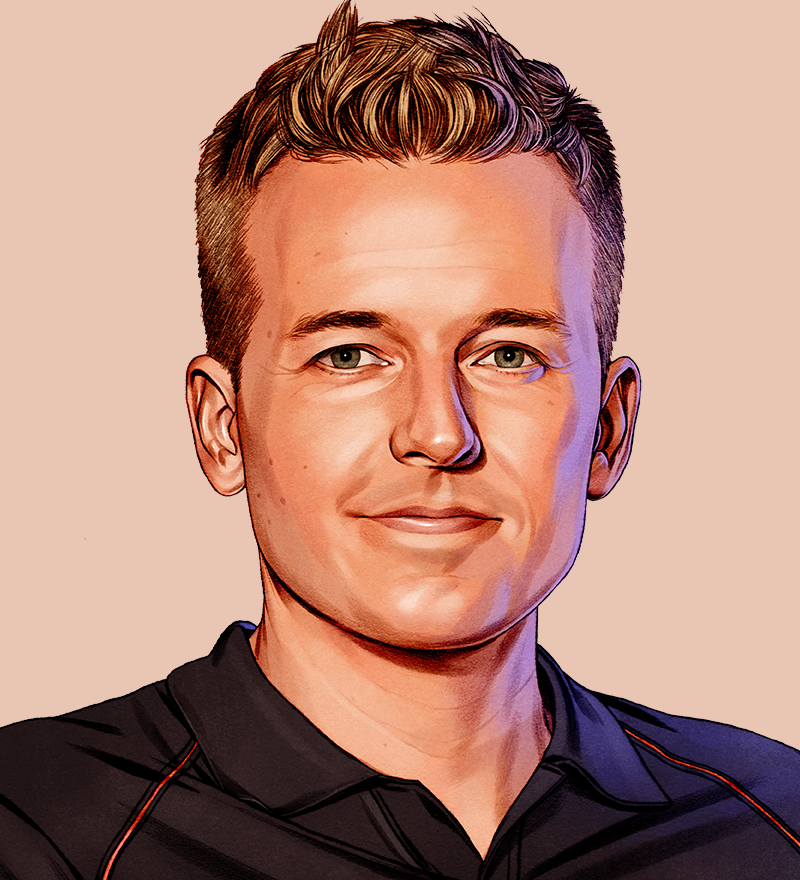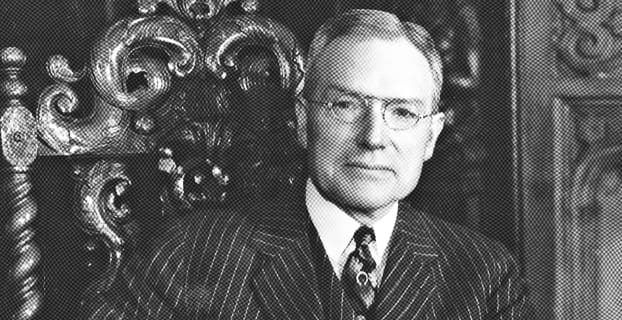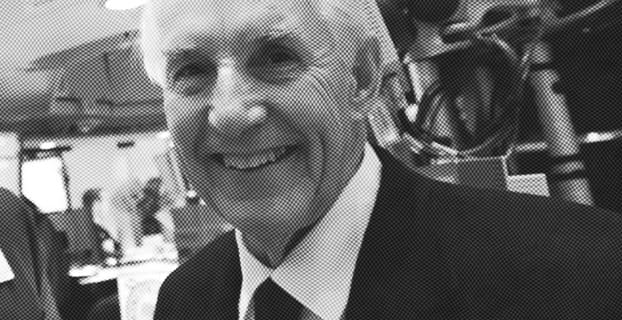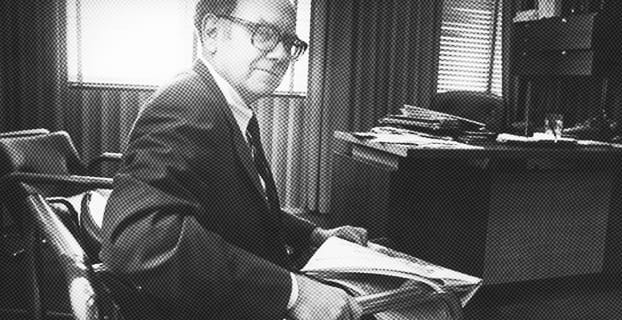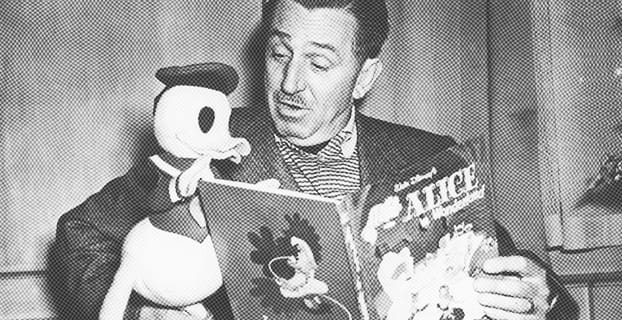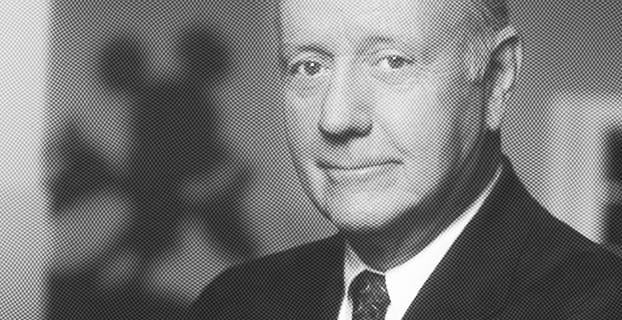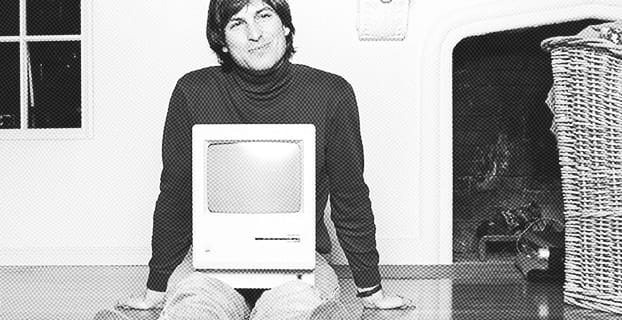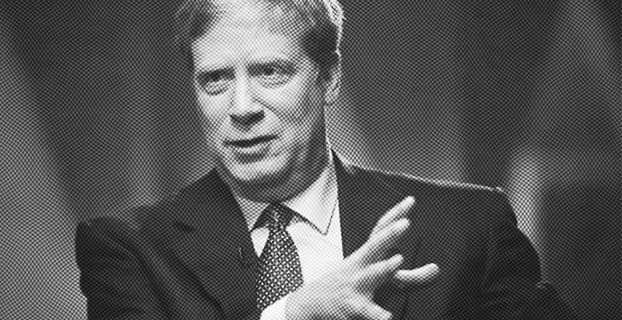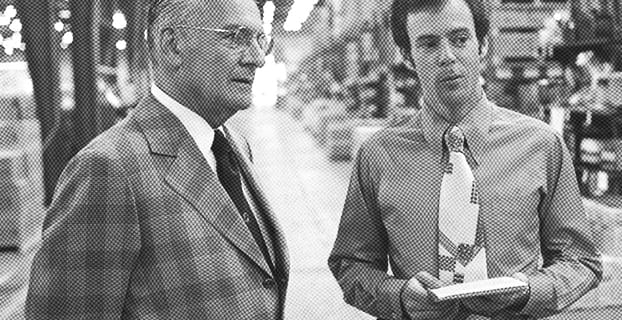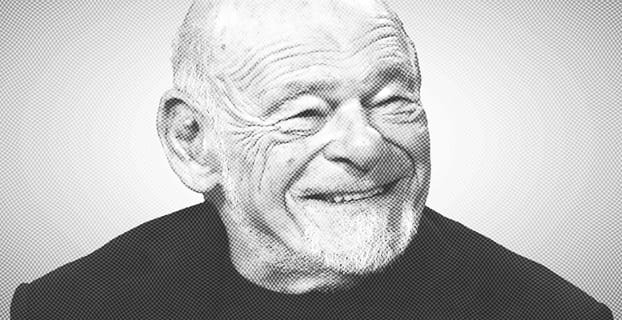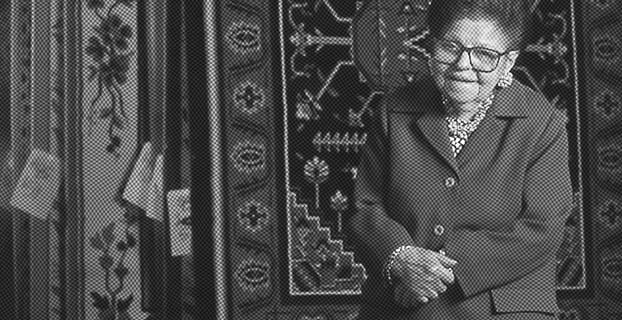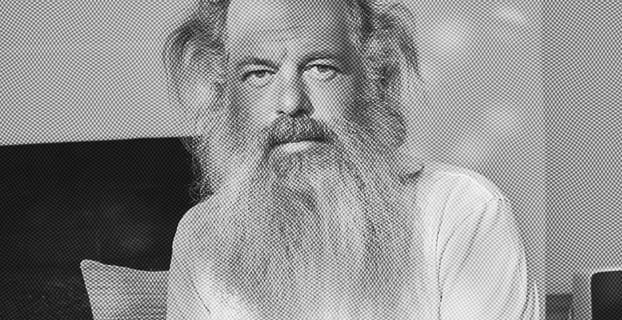“They point the way to usefulness and happiness in life, to courage and peace in death.”
JDR, JR., as he liked to be called, was the youngest child and only son of the oil baron. After a searing experience in labor relations at Colorado Fuel & Iron in 1914, at which forty workers died, the son of John D. turned from business to philanthropy, and built and supported the Rockefeller Institute for Medical Research, New York's Riverside Church, and Colonial Williamsburg. He helped change the public's image of the name of Rockefeller from predatory to beneficent, which aided the Republican political career of his second son, Nelson; by 1992, a grand-nephew, West Virginia Democratic senator Jay Rockefeller, could say, "You shouldn't have to be a Rockefeller to afford health care."
The following radio speech was aired July 8, 1941; it is carved in granite at the entrance to the Rockefeller Center skating rink. Nelson Rockefeller referred to its last line while campaigning for governor of New York so often that a shorthand reporter took down "brotherhood of man, fatherhood of God" with the brief form "bomfog"; that acronym came to mean "pious political rhetoric." The creed itself has the elements of simplicity and timelessness that elevate it above the acronym.
John D. Rockefeller Jr's Radio Address
They are the principles on which my wife and I have tried to bring up our family. They are the principles in which my father believed and by which he governed his life. They are the principles, many of them, which I learned at my mother's knee.
They point the way to usefulness and happiness in life, to courage and peace in death.
If they mean to you what they mean to me, they may perhaps be helpful also to our sons for their guidance and inspiration.
Let me state them:
I believe in the supreme worth of the individual and in his right to life, liberty, and the pursuit of happiness.
I believe that every right implies a responsibility; every opportunity, an obligation; every possession, a duty.
I believe that the law was made for man and not man for the law; that government is the servant of the people and not their master.
I believe in the dignity of labor, whether with head or hand; that the world owes no man a living but that it owes every man an opportunity to make a living.
I believe that thrift is essential to well-ordered living and that economy is a prime requisite of a sound financial structure, whether in govern-ment, business, or personal affairs.
I believe that truth and justice are fundamental to an enduring social order.
I believe in the sacredness of a promise, that a man's word should be as good as his bond, that character—not wealth or power or position—is of supreme worth.
I believe that the rendering of useful service is the common duty of mankind and that only in the purifying fire of sacrifice is the dross of selfishness consumed and the greatness of the human soul set free.
I believe in an all-wise and all-loving God, named by whatever name, and that the individual's highest fulfillment, greatest happiness, and widest usefulness are to be found in living in harmony with his will.
I believe that love is the greatest thing in the world; that it alone can overcome hate; that right can and will triumph over might.
These are the principles, however formulated, for which all good men and women throughout the world, irrespective of race or creed, education, social position, or occupation, are standing, and for which many of them are suffering and dying.
These are the principles upon which alone a new world recognizing the brotherhood of man and the fatherhood of God can be established.


